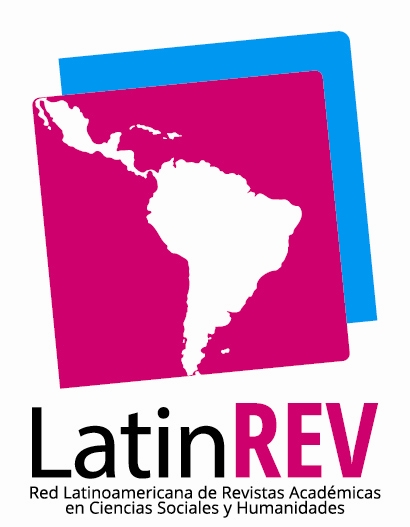Processes of Political Alphabetization and Academic Alphabetization: lectures of reality according to high school students' perspective
Keywords:
Academic Alphabetization, Politic Alphabetization, High School, students, citizenshipAbstract
In the "Sistema Educativo Provincial" (Provincial Education System) coexist different modalities and organizational structures that configure different educational institutions which conform distinct circuits according to the social class of those who attend. These institutions continue to play a key role in alphabetization. That is why we are interested in studying the academic and politic alphabetization, and also the humanization processes that enable or disable the subject positions to build assets, to assume the exercise of substantive citizenship promoting democratic and emancipatory changes or, on the contrary, to reproduce the existing social structure. The present research is focus on senior year students thatassist to public schools belonging to different socio-economic neighbors (centric and marginalized urban areas). The analysis will focus on academic alphabetization processes and policies described by young people to fathom how is that in the articulation of both processes can elucidate subjective positions that they take and the categories from where they read the social reality they inhabit. In this way, we mobilized to put into discussion the role of High School in the transmission of knowledge that address the subjects and enable them to actively participate and get involved on political, social and historical practices to build an active and critic citizenship.
Downloads
References
Araya, R., Yuli, M. E. (2009). “Políticas educativas. Nuevas configuraciones de lo institucional en las escuelas autogestionadas de la provincia de San Luis”, en Revista Electrónica de Psicología Política, Año 7, Nº 19. Recuperado de: www.psicopol.unsl.edu.ar/marzo09_nota5.pdf
Cornu, L. (2008). “Lugares y formas de lo común”. En Frigerio y Diker (comp). Educar: posiciones acerca de lo común. Editorial Del Estante. Buenos Aires.
Charlot, B. (2007). La relación con el saber. Editorial Libros del Zorzal. Buenos Aires.
De Pauw, C. (2007). “La escuela ante las diferencias, igualdades y desigualdades. Un análisis sobre discursos y prácticas escolares”. Tesis Doctoral en Educación. FCH-UNSL.
Freire, P. (1994). La naturaleza política de la educación. Editorial Planeta. España.
Heller, A. (1972). Historia y vida Cotidiana: aportación a la sociología Socialista. Editorial Grijalbo. México.
Kosik, K. (1967). Dialéctica de lo concreto. Estudio sobre los problemas del hombre y del mundo. Editorial Grijalbo. México.
Ley de Educación Nacional (S/R). Recuperado de: https://www.me.gov.ar/
Perez Gómez, Á. (2000). La cultura escolar en la sociedad neoliberal. Editorial Morata. España.
Proico 4-18802 (S/R). “Alfabetización Académica, Alfabetización Política y Subjetividad”. Documentos internos.
Trocello, G. (2008). La manufactura de “Ciudadanos Ciervos”. Cultura política y Regímenes Neopatrimonialistas. Nueva Editorial Universidad.
Williams, R. (1980). Marxismo y Literatura. Editorial Península. Barcelona.
Downloads
Published
Issue
Section
ARK
License
Copyright (c) 2015 Clotilde De Pauw, Valeria Pasqualini, Valeria Di Pasquale, Luciana Santía, Pedro Cocco

This work is licensed under a Creative Commons Attribution 4.0 International License.






